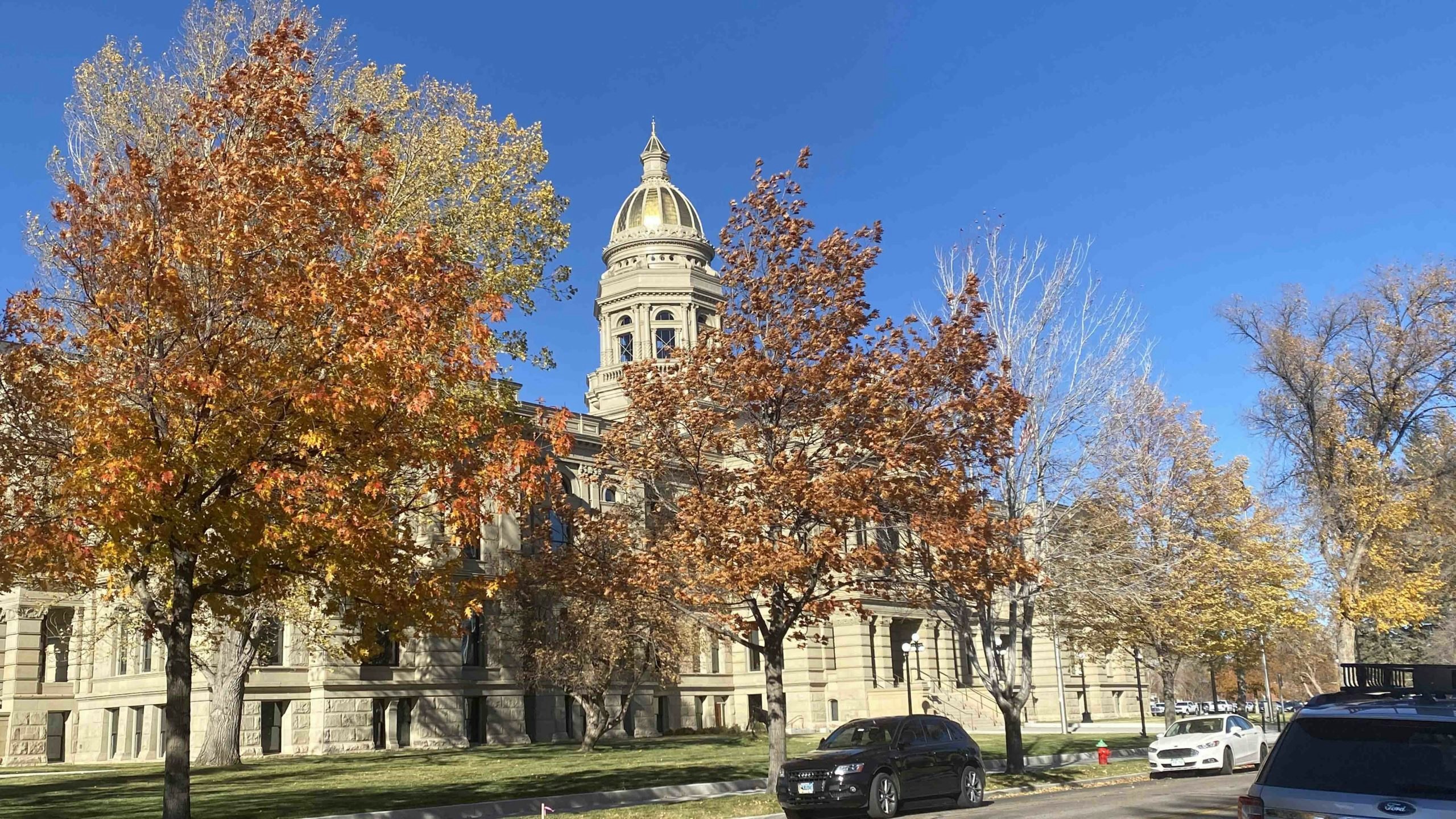Wyoming’s lawmakers continued their efforts to find a balance between the rights of individuals and the rights of the state’s businesses Wednesday as they advanced legislation aimed at reducing the impact of a proposed federal coronavirus vaccine mandate.
While House members worked to fine tune a bill that would prohibit employers from requiring their workers to obtain a coronavirus vaccination against their will, the Senate worked to accommodate what some called a new protected class of people who are unable or unwilling to get the vaccination.
The discussions came during the third day of the Legislature’s special session to chart Wyoming’s response to a federal coronavirus vaccine mandate proposed by the administration of President Joe Biden. Biden has proposed making a vaccine mandatory for federal employees, health care workers and employees of companies that employ more than 100 workers.
The House is examining two measures aimed at countering the mandate. One, HB1001, would prohibit employers from making coronavirus vaccination a requirement for employment except in some circumstances. Those circumstances include that the employer determines such a mandate is critical to ensuring the health, safety and welfare of the workplace and that the employer grants exemptions to the requirement when requested.
Some have argued companies that receive federal contracts would be stuck between the requirements of the state law and the federal mandate and Rep. John Bear, R-Gillette, suggested that companies be allowed to adopt vaccine mandates if they receive $100,000 or more in federal funding.
But the amendment was rejected when opponents argued such a rule would amount to discrimination against small businesses that have smaller contracts with the federal government.
Others argued the Legislature has no right to dictate to businesses that may want to adopt a vaccine mandate.
“This is capitalism, folks,” said Rep. Landon Brown, R-Cheyenne. “Saying you’re going to stop people from doing what they want to do with their business is not allowing capitalism to take place.”
The bill itself was advanced to a third and final reading on the House floor, scheduled for Friday, and House Speaker Eric Barlow, R-Gillette, said he expected to see efforts to kill the bill during that debate.
Also approved for a third reading on Friday was HB1002, which would prohibit the enforcement of federal coronavirus mandates.
Meanwhile, in the Senate, members worked on SF1003, which would prohibit discrimination based on whether a person had received a coronavirus vaccine.
The bill’s language that would prevent anyone from refusing access to services, goods or facilities to those who have not been vaccinated was moved into the the section of state criminal law having to do with discrimination at the request of Sen. Drew Perkins, R-Casper.
“If you’re going to prohibit discrimination based on a person’s COVID-19 vaccination status … we’re going to make that at least somewhat of a protected class for the purposes of public accommodations, then the individuals subject to those laws, particularly the businesses, the stores, the restaurants, the motels … they ought to know they have one place to go to figure out what their obligation is and who they cannot discriminate against,” he said.
Several people said they objected to creating a new protected class of people, but supported the amendment because it made the intent of the bill itself more clear.
“I think this clarifies the bill and makes it more pointed what we’re voting on in third reading,” said Sen. Cale Case, R-Lander. “I don’t think this belongs in the list of protected classes. The amendment restructures the bill so it’s a clear choice when we get there.”
The bill itself was forwarded to a third reading on the Senate floor on Friday.





